
Defect libraries and references
How to build and use defect libraries and sensory reference tools to train tasters, improve quality control, and ensure accurate defect detection in coffee.

How to build and use defect libraries and sensory reference tools to train tasters, improve quality control, and ensure accurate defect detection in coffee.
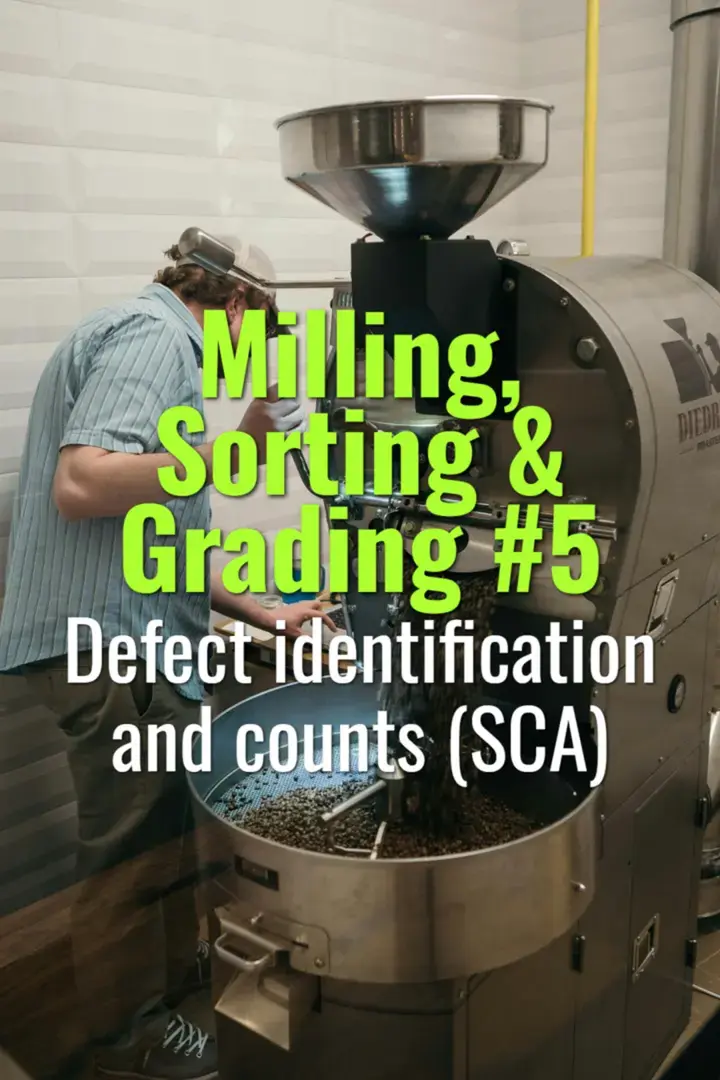
This topic explains how defects are identified and counted in coffee according to Specialty Coffee Association (SCA) standards, why this matters for grading, and how it influences specialty classification.
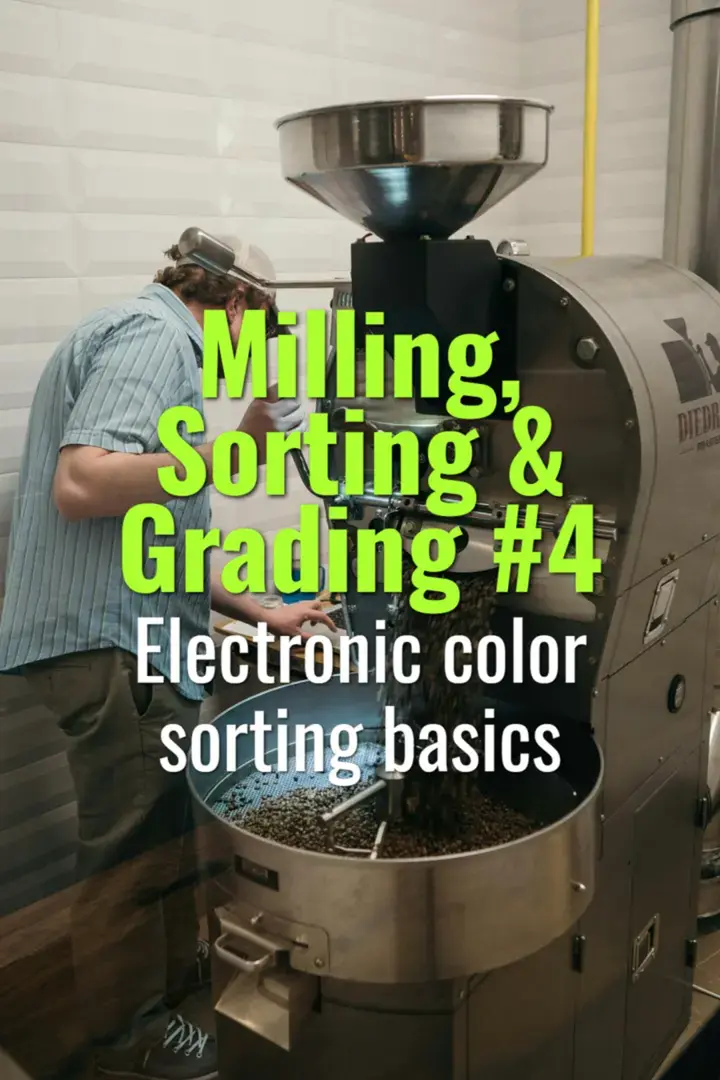
This topic explains the basics of electronic color sorting in coffee milling, how the machines work, and why they are essential for defect removal and consistency in specialty coffee exports.
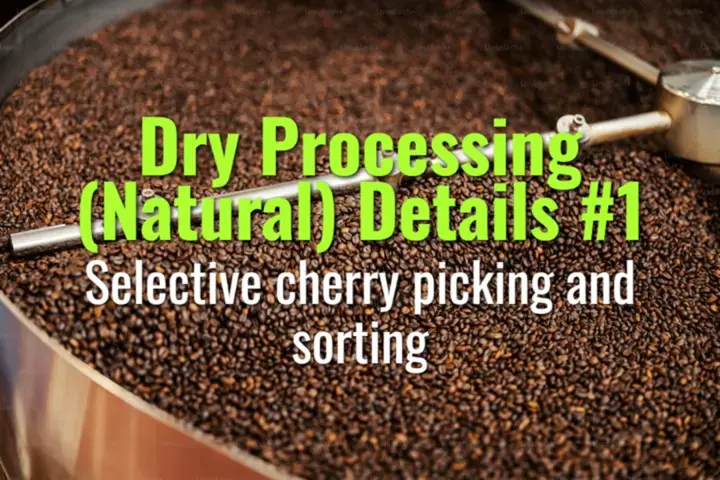
This topic explains the importance of selective cherry picking and sorting in natural (dry) coffee processing, and how these steps affect quality, consistency, and flavor.
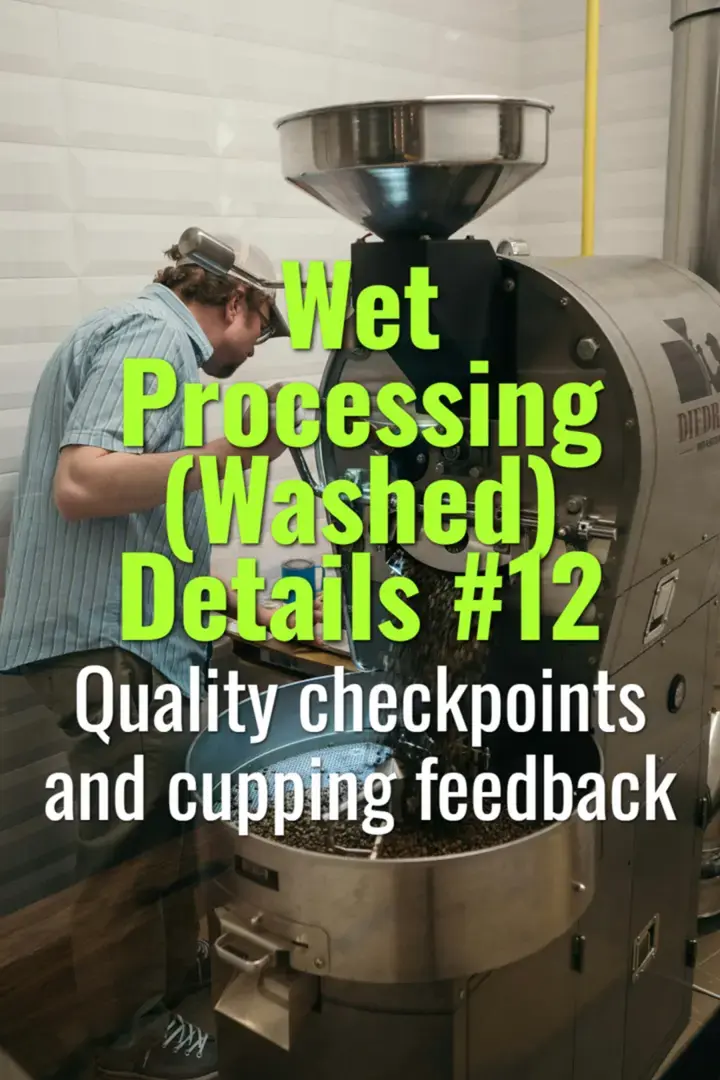
This topic explains how quality checkpoints are established during washed coffee processing, and how cupping feedback connects processing practices to final flavor outcomes.
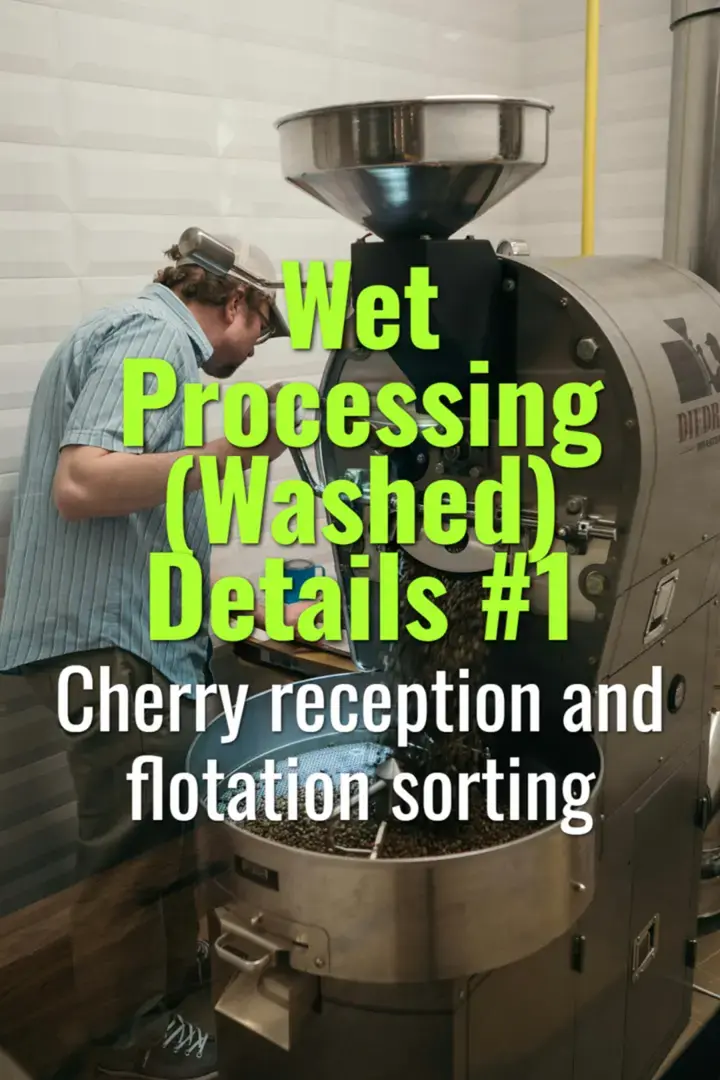
This topic explains the first steps in washed coffee processing—cherry reception and flotation sorting—detailing how farmers ensure only ripe, quality cherries move forward in the process.